The depravity of the Holocaust is still shocking to this day. During World War II, Adolf Hitler and Nazi Germany tried to exterminate the Jewish population, killing six million Jews across Europe between 1941-1945. Jewish families tried to flee during Hitler’s rise to power, but many countries, including the United States, wouldn’t take them in. With the rise of anti-Semitism across the world, it’s important we never forget this stain and blight on human history. That’s why StudyFinds has put together a list of the best Holocaust books that everyone should read.
We should never forget what happened in WWII. The books on our list explain the horrors of the Holocaust, as well as the inspiring lessons of hope and perseverance that came with it. StudyFinds has found the top five must-read Holocaust books that were the consensus best among 10 experts. Is there one that should be added to the list? Let us know in the comments below.
➡️ How Our “Best Of The Best” Lists Are Created
StudyFinds’ “Best of the Best” articles are put together with the idea of taking the work out of common consumer research. Ever find yourself searching for a product or service on Google and reading multiple reviews to find items listed across many of them? Our Best of the Best lists are created with that process in mind, with each item ranked by how frequently it appears on expert reviews or lists. With Best of the Best, you are getting consensus picks — making them truly the best of the best!
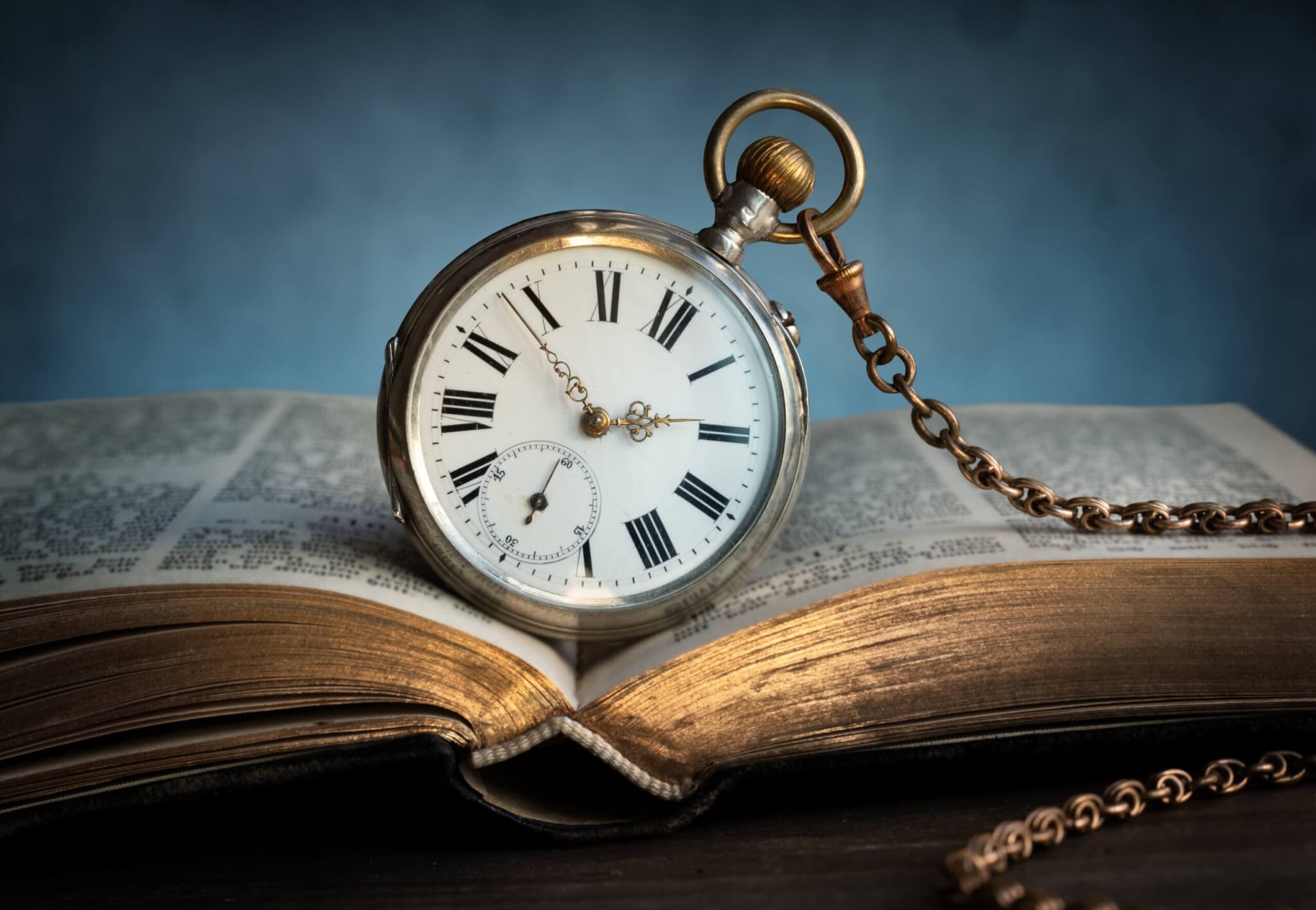
The List: Best Holocaust Books Everyone Should Read
1. “The Diary of a Young Girl” by Anne Frank (1947)
Anne Frank’s diary, “The Diary of a Young Girl,” is widely considered one of the most famous and impactful books written about the Holocaust. Institutions like the Holocaust Museum Houston and Pan Macmillan praise the book’s ability to convey the horrors of war and the resilience of the human spirit through the poignant perspective of a young girl.
Holocaust Center for Humanity recommends Anne Frank’s diary for seventh-graders and up. The book details the experiences of thirteen-year-old Anne Frank and her family who went into hiding during the Nazi occupation of the Netherlands. Through her diary entries, Anne offers insightful and personal reflections on courage, human nature, and the hardships she and her family endured during this difficult period.
2. “The Complete Maus: A Survivor’s Tale” by Art Spiegelman (2003)
Following “The Diary of a Young Girl,” Art Spiegelman’s graphic novel “The Complete Maus: A Survivor’s Tale” is another highly recommended work about the Holocaust. This Pulitzer Prize-winning book tells the story of Vladek Spiegelman, a Holocaust survivor, and his son, Art, a cartoonist navigating his complex relationship with his father’s experiences. “Maus” uniquely depicts the characters as animals, with Jews as mice and Nazis as cats. This stylistic choice, according to The New York Times, effectively disrupts our sense of familiarity with the subject matter, allowing us to confront the harsh realities of the Holocaust on a deeper level.
Common Sense Media commends the book for its unforgettable portrayal of a Holocaust survivor’s story, while Merritt Bookstore highlights its lasting impact on understanding the Holocaust and its consequences for generations to come.
3. “Night” by Elie Wiesel (2006)
Another highly regarded addition to your Holocaust reading list is Elie Wiesel’s “Night.” Described by Five Books as potentially the most well-known account of life within the concentration camps, “Night” is a harrowing yet essential read. The book narrates the experiences of a young Elie Wiesel as his life is uprooted from his quiet town in Hungary and he is thrust into the horrors of Auschwitz at the age of 14. Despite the immense suffering he endures, including the loss of his father, Wiesel miraculously survives the war, and “Night” stands as a powerful testament to his resilience and his determination to share his story.
Both the Holocaust Center for Humanity and Common Sense Media echo this sentiment, praising “Night” as a candid and unforgettable memoir that offers a poignant and unflinching portrayal of a teenager’s struggle for survival amidst the unimaginable brutality of the Holocaust.
4. “Number the Stars” by Lois Lowry (1989)
Fourth on the list is Lois Lowry’s “Number the Stars.” The novel, awarded the prestigious Newbery Medal, tells the story of ten-year-old Annemarie Johansen, a Danish girl who faces a difficult test of courage during World War II. When her best friend, Ellen Rosen, is targeted by the Nazis, Annemarie’s bravery is put to the test.
The book delves into the historical context of 1943 Denmark, where the German occupation forces a “relocation” of the Jewish population. Witnessing this injustice, Annemarie’s family takes a daring step to protect Ellen. They conceal her identity and welcome her into their home as one of their own. This act of defiance sets the stage for a remarkable journey, as Annemarie becomes unknowingly involved in the Danish Resistance’s efforts to smuggle nearly 7,000 Jews across the sea to safety in Sweden. As Common Sense Media aptly describes it, “Number the Stars” is a stirring tale showcasing the courage of a young girl who plays a crucial role in saving lives during a dark chapter in history.
5. “Survival in Auschwitz” by Primo Levi (1947)
Primo Levi’s “Survival in Auschwitz” rounds out our list. The book recounts Levi’s firsthand experience of enduring the horrors of the Auschwitz concentration camp. Merritt Bookstore provides context, detailing Levi’s capture as a young Jewish man in Italy and his subsequent deportation to Auschwitz. The book’s title aptly reflects the core theme of Levi’s narrative – his remarkable ability to not only survive the physical and psychological brutality of the camp but also retain his humanity and spirit. Levi’s prose, described as simple, restrained, and even compassionate at times, stands as a testament to the enduring power of the human spirit even in the face of unimaginable suffering.
Holocaust Museum Houston and Holocaust Center for Humanity offer similar descriptions, highlighting the book’s historical significance and its unflinching portrayal of Levi’s experiences at Auschwitz.
Editor’s Pick: “Man’s Search for Meaning” by Viktor E. Frankl (1959)
Viktor E. Frankl’s “Man’s Search for Meaning” is a two-part book exploring the themes of human resilience and the search for meaning in life, particularly within the context of his experiences as a prisoner in Nazi concentration camps during World War II.
The first part is a harrowing account of Frankl’s time in the camps. He describes the dehumanizing conditions, the constant struggle for survival, and the psychological toll it takes on the prisoners. He observes how some succumb to despair and hopelessness, while others manage to find meaning and purpose even in the face of unimaginable suffering.
The second part introduces Frankl’s concept of logotherapy, a form of psychotherapy he developed based on his belief that the primary motivational force in life is the search for meaning. He outlines three primary ways to find meaning:
- Through creative work: Engaging in meaningful activities and contributing to the world.
- Through love and relationships: Experiencing love and caring for others.
- Through suffering: Finding meaning in confronting challenges and overcoming adversity.
Frankl argues that even in the most dire circumstances, individuals have the freedom to choose their attitude and response to their situation. He emphasizes that by finding meaning in life, even in suffering, one can transcend their circumstances and maintain their inner freedom.
StudyFinds’ Associate Editor Sophia Naughton shares one of the most powerful quotes from this book that stuck with her:
“There was no need to be ashamed of tears, for tears bore witness that a man had the greatest courage, the courage to suffer. Only very few realized that.”
– Viktor E. Frankl, “Man’s Search for Meaning”
You might also be interested in:
Sources:
- Holocaust Museum Houston
- Pan Macmillan
- Holocaust Center for Humanity
- Common Sense Media
- Hachette Book Group
- Five Books
- St. Louis Kaplan Feldman Holocaust Museum
- My Jewish Learning
- St. Louis Jewish Light
- Merritt Bookstore
Note: This article was not paid for nor sponsored. StudyFinds is not connected to nor partnered with any of the brands mentioned and receives no compensation for its recommendations. This article may contain affiliate links in which we receive a commission if you make a purchase.
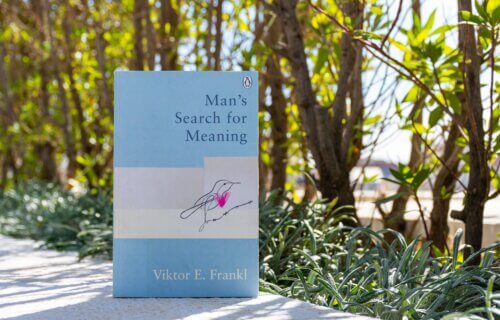
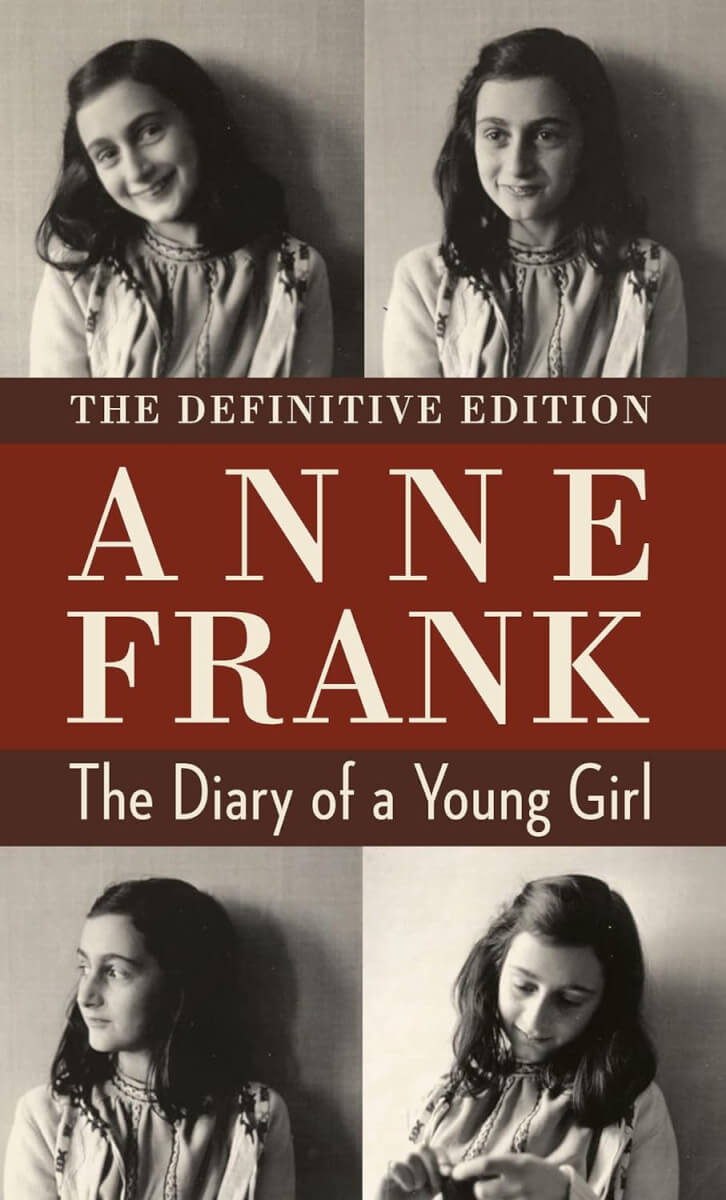
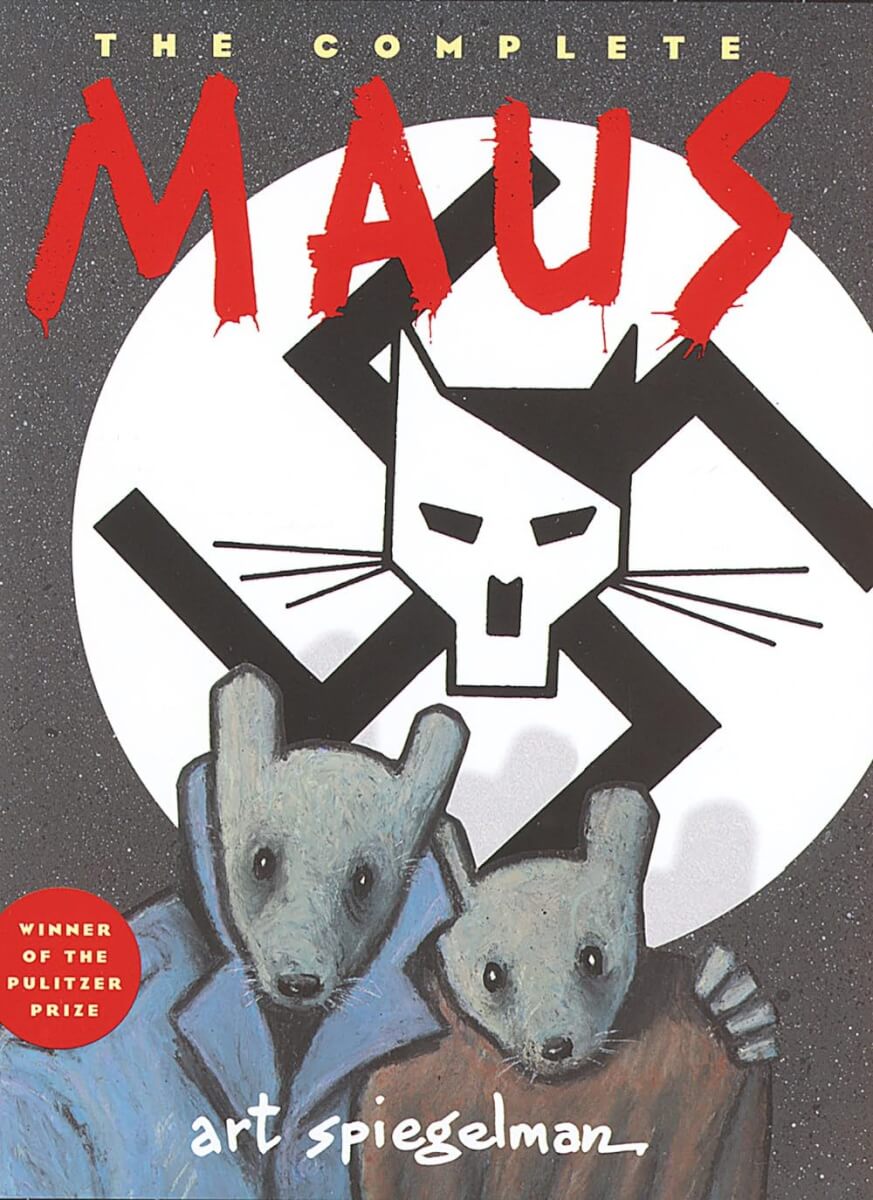
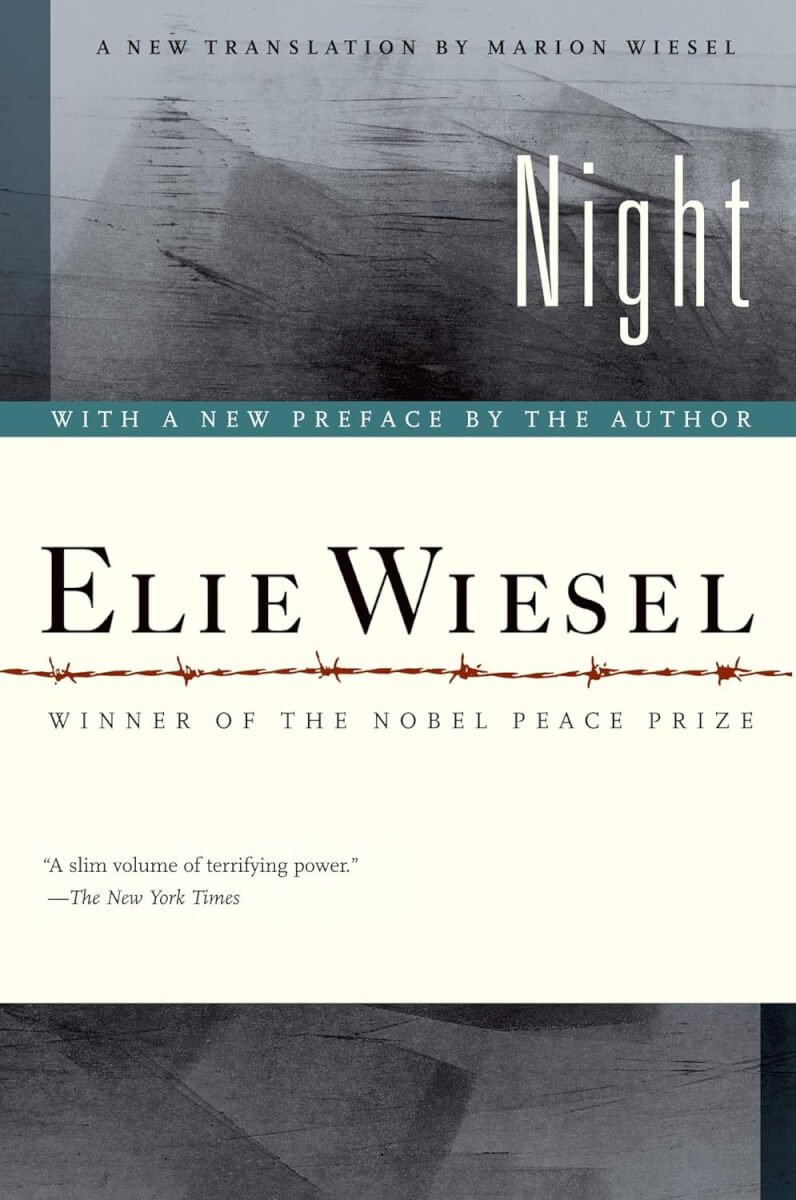
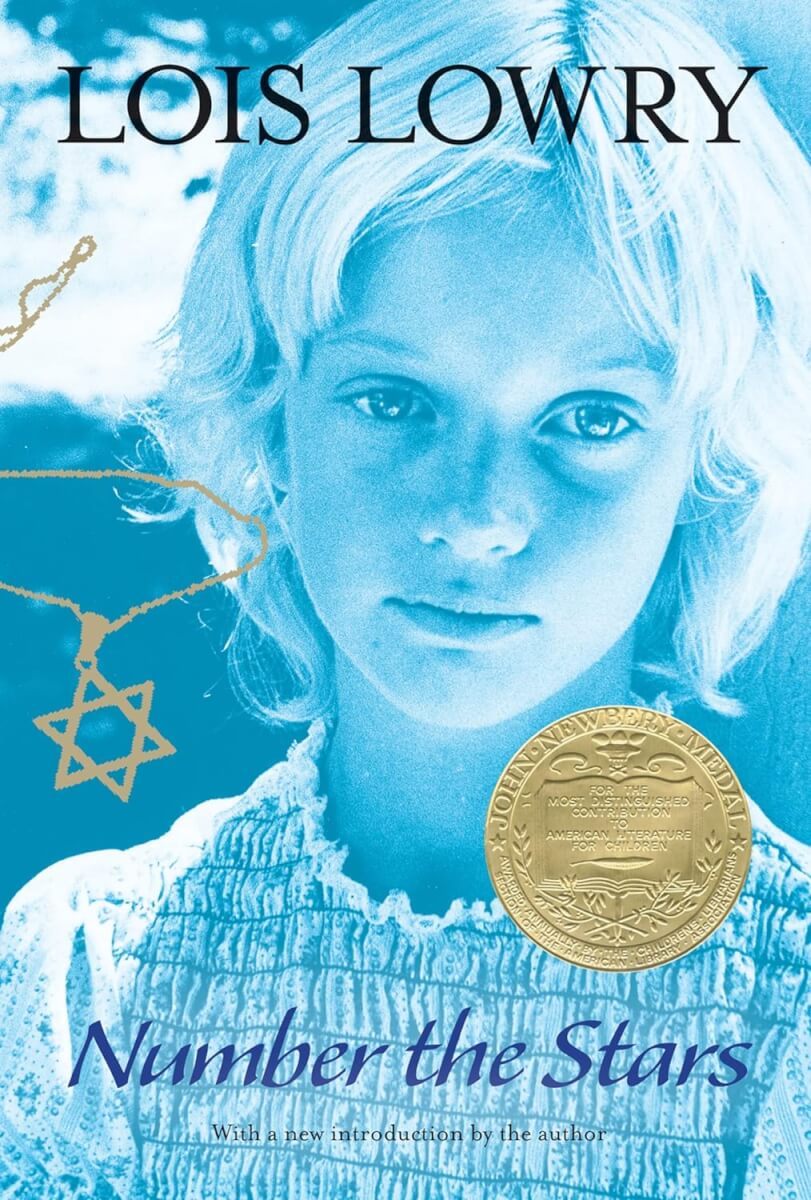
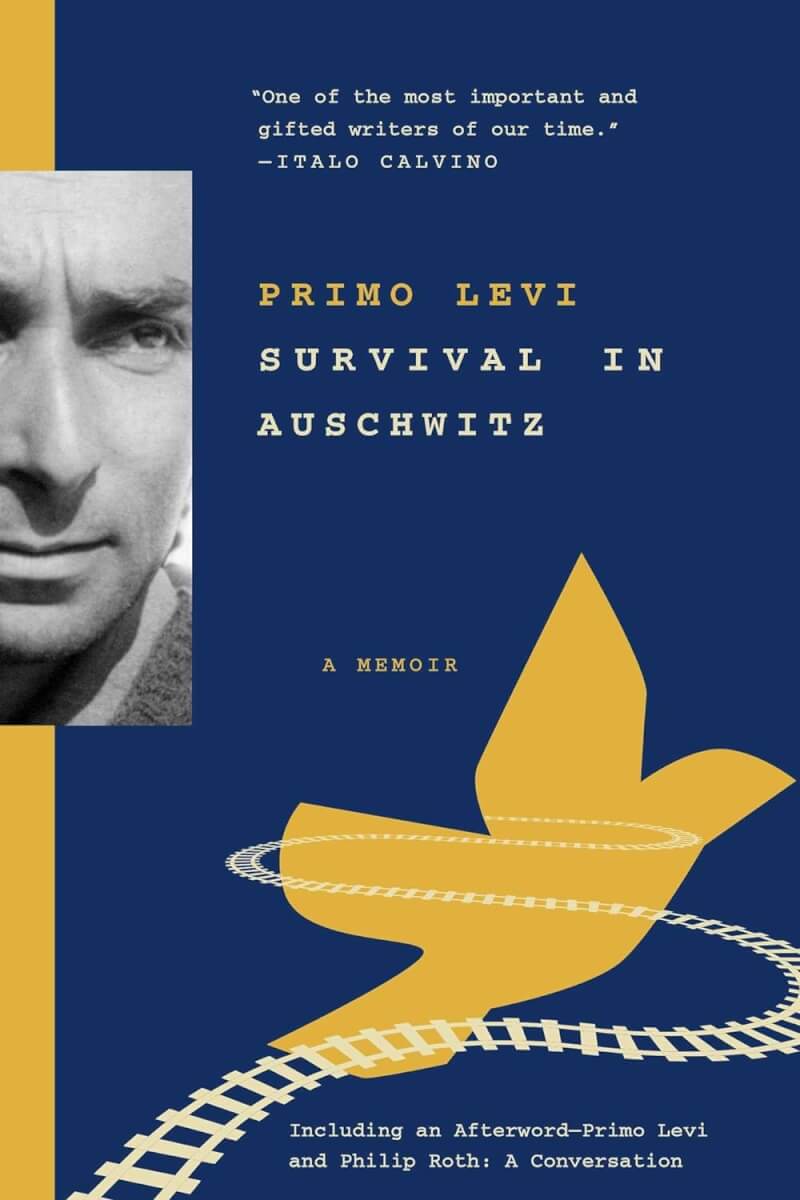
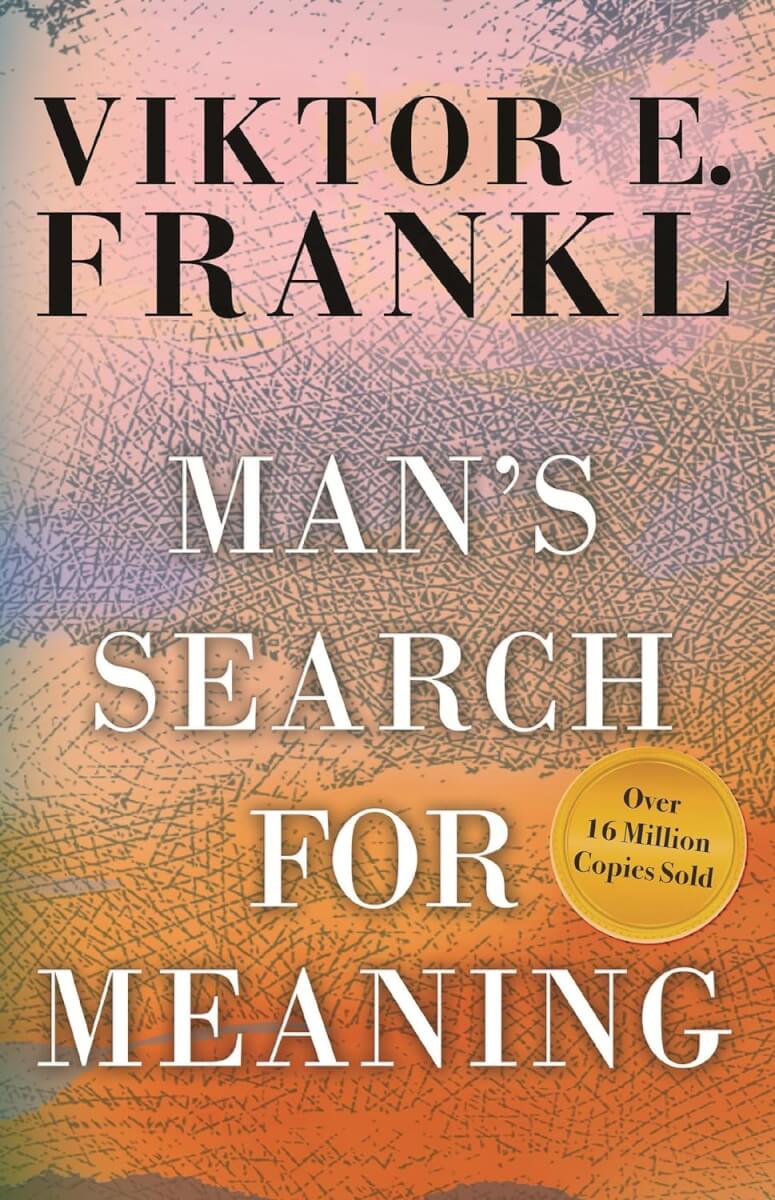
“The Book Thief” by Markus Zusak is a beautifully written book
I would add to that list “The Wall” a book written in play format of several families before the ghetto in Poland, their rounding up and imprisonment in the ghetto. The book is written from diaries found buried during reconstructiin after the war.